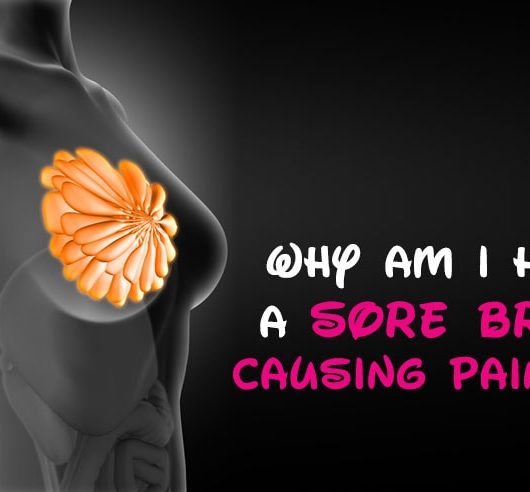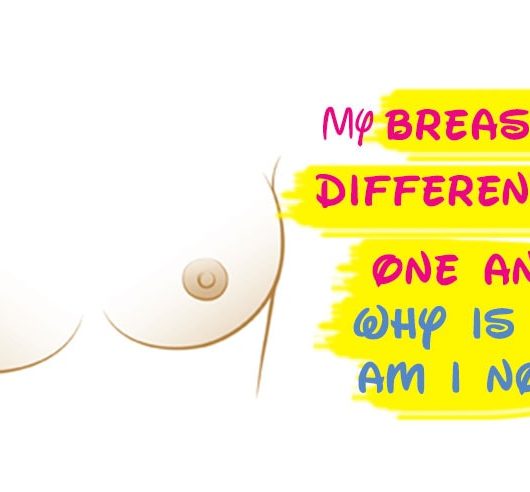All you Need to know About the Increasing Issues of PCOD / PCOS
PCOD / PCOS (Polycystic Ovary Syndrome / Disease) are becoming one among the major concerns for women, with respect to menstruation and fertility issues. According to the report from Times of India, a study conducted by Metropolis Healthcare Ltd in 2015 revealed that one out of five women in India is suffering from PCOS. It is predominantly observed in the teenage girls and young women belonging to the age group of 15 to 30 years.
As the name suggests, poly means multiple. Accordingly, women suffering from PCOD have multiple cysts in the ovary that may be small or large in size. This causes an imbalance in the hormone levels, i.e., the male hormones (androgens) and female hormones (estrogens). It is a known fact that irrespective of the gender, during the normal healthy physiological functioning, everyone possesses both the male hormones (androgens) and female hormones (estrogens). However, in boys, the androgens dominate and in girls, the estrogens dominate.
Meanwhile, in the girls or women suffering from PCOD / PCOS, the hormonal imbalance causes the androgens to be secreted in the higher than the normal range, while the estrogens (responsible for ovulation and menstruation) secrete lesser than normal. When this happens, the menstrual cycles become irregular due to the absence of ovulation, leading to infertility. Due to the increased secretion of androgens, women might also notice the growth of facial and body hair. PCOD / PCOS can also lead to High Blood Pressure, Cholesterol and Type 2 Diabetes.
Medically, it is yet to be known as to what causes PCOD / PCOS. There are a lot of combined factors such as the lifestyle, genetic factors, insulin levels in the body, etc. Especially, a mother with PCOD / PCOS can obviously pass on the same to her daughter. Similarly, obesity is also considered a significant factor for resulting in anovulation, i.e., the absence of ovulation.
Also read: Why do I have small breasts?
Women who suffer from PCOD / PCOS generally observed the following symptoms:
- Irregular periods – Due to the imbalance of hormones and reduction in secretion of estrogens, resulting in anovulation
- Heavy bleeding – Due to the irregular periods, the menstrual blood in the uterine lining are collected for quite a long time and hence the heavy bleeding
- Weight gain – Sudden increase in the weight without reasons
- Facial and body hair – Due to increased secretion of androgens, the facial & body hair starts to grow. Some might also notice skin darkening, acne, etc.
Usually, women can be diagnosed with PCOD / PCOS through a normal blood test. The increased levels of hormones in the blood can reveal the issue. Similarly, a vaginal ultrasound scan can also diagnose the issue. The scan shows that the ovaries are enlarged with multiple cysts in it.
The PCOD / PCOS can be treated using various oral medications. The oral medications are mostly prescribed to alter the hormonal imbalances so that the women with PCOD / PCOS are able to ovulate periodically. There might be a need to alter the lifestyle of the women to include more healthy foods, reduce the intake of sugary contents and also exercise every day to control the weight gain.
If you have further questions regarding PCOD / PCOS, it is better to consult a gynecologist and understand more about it!!!









